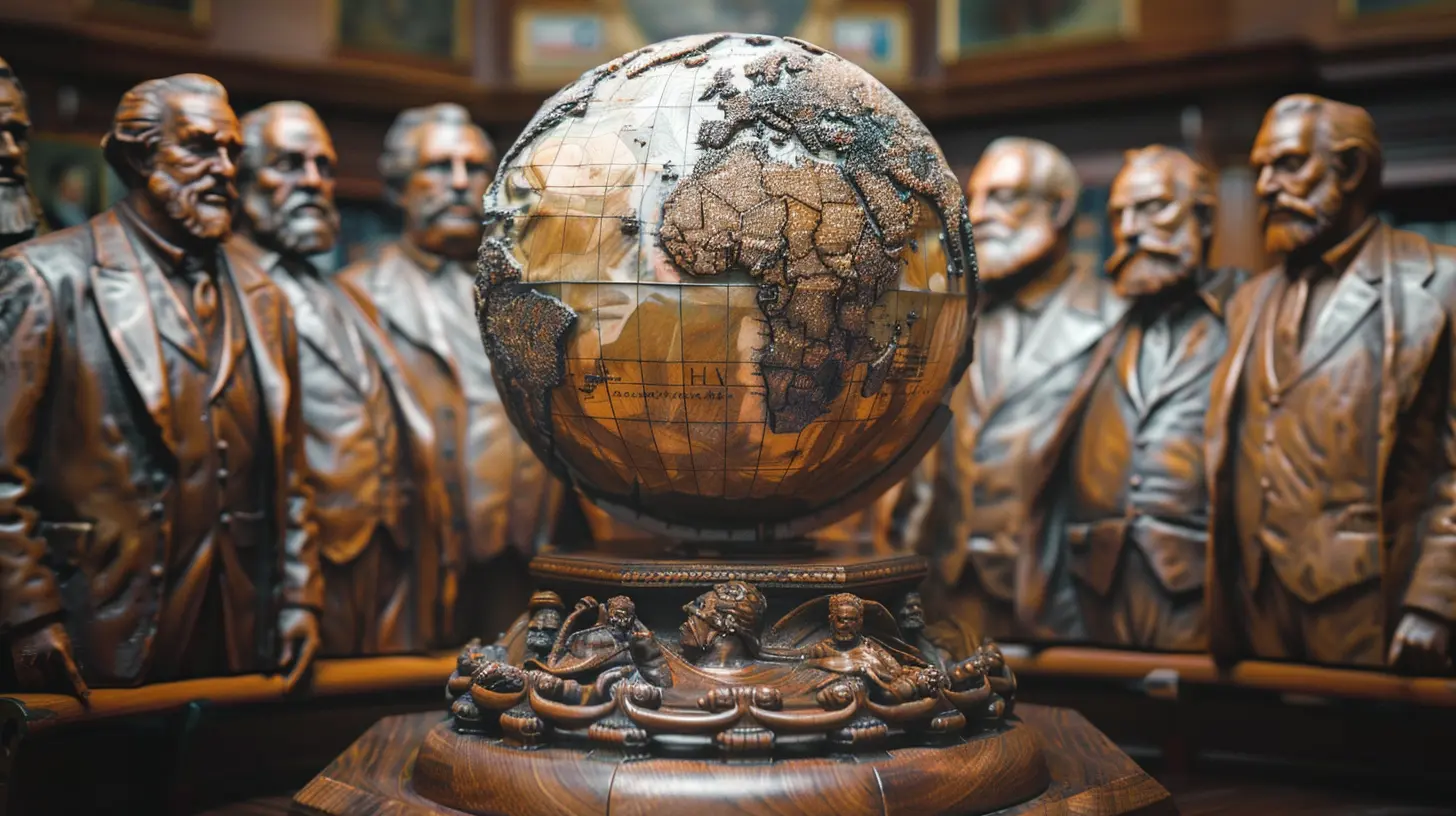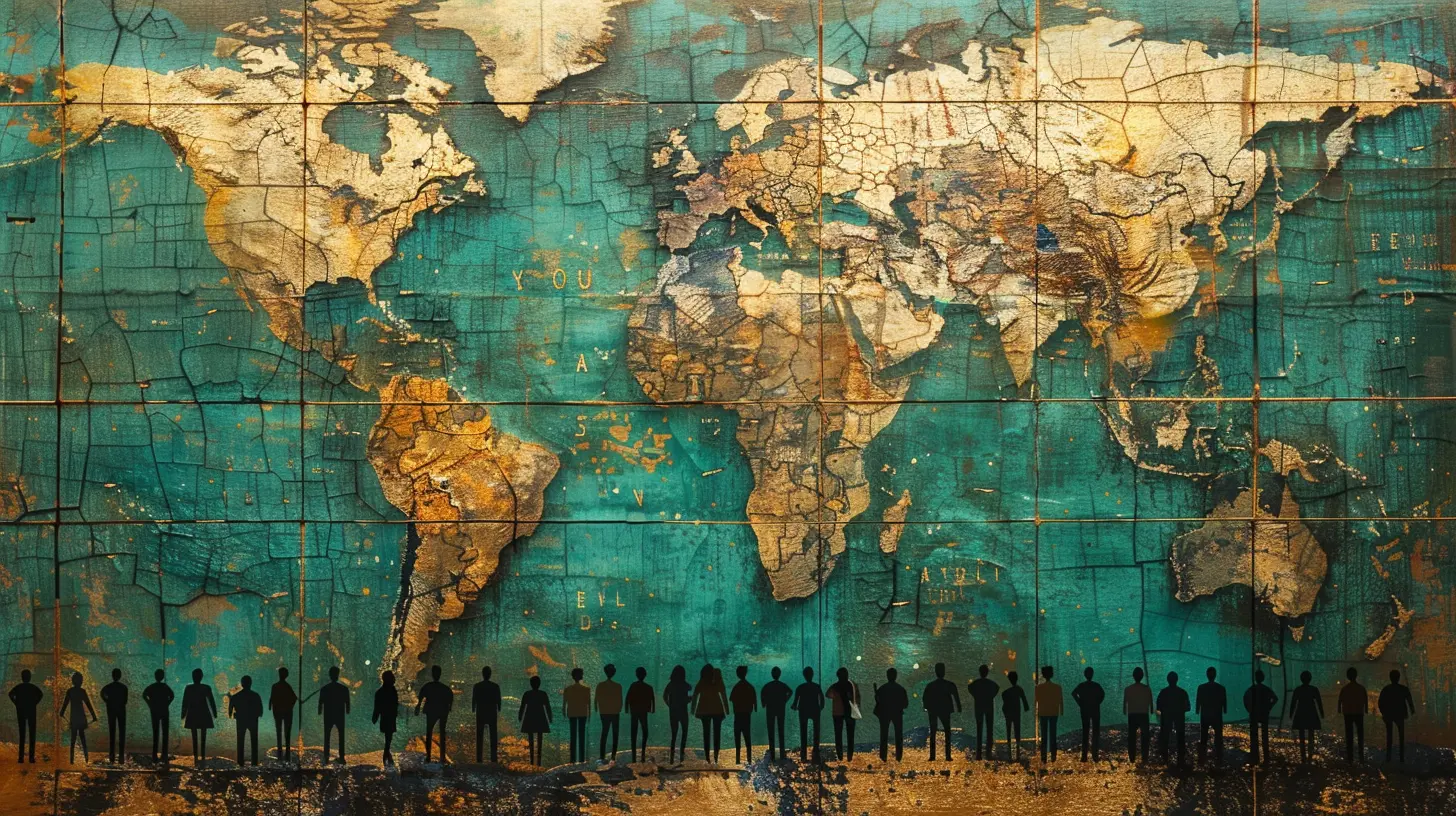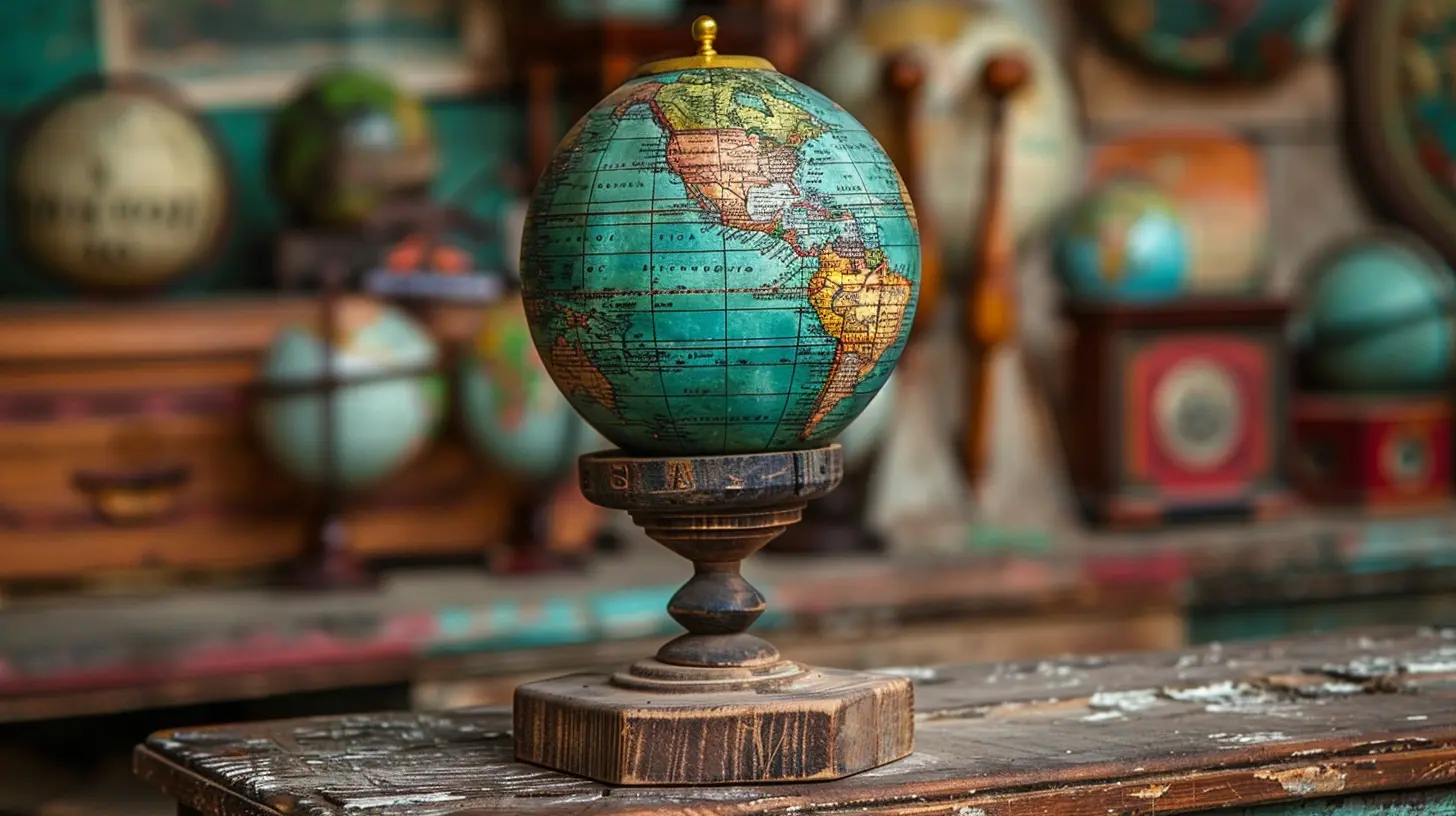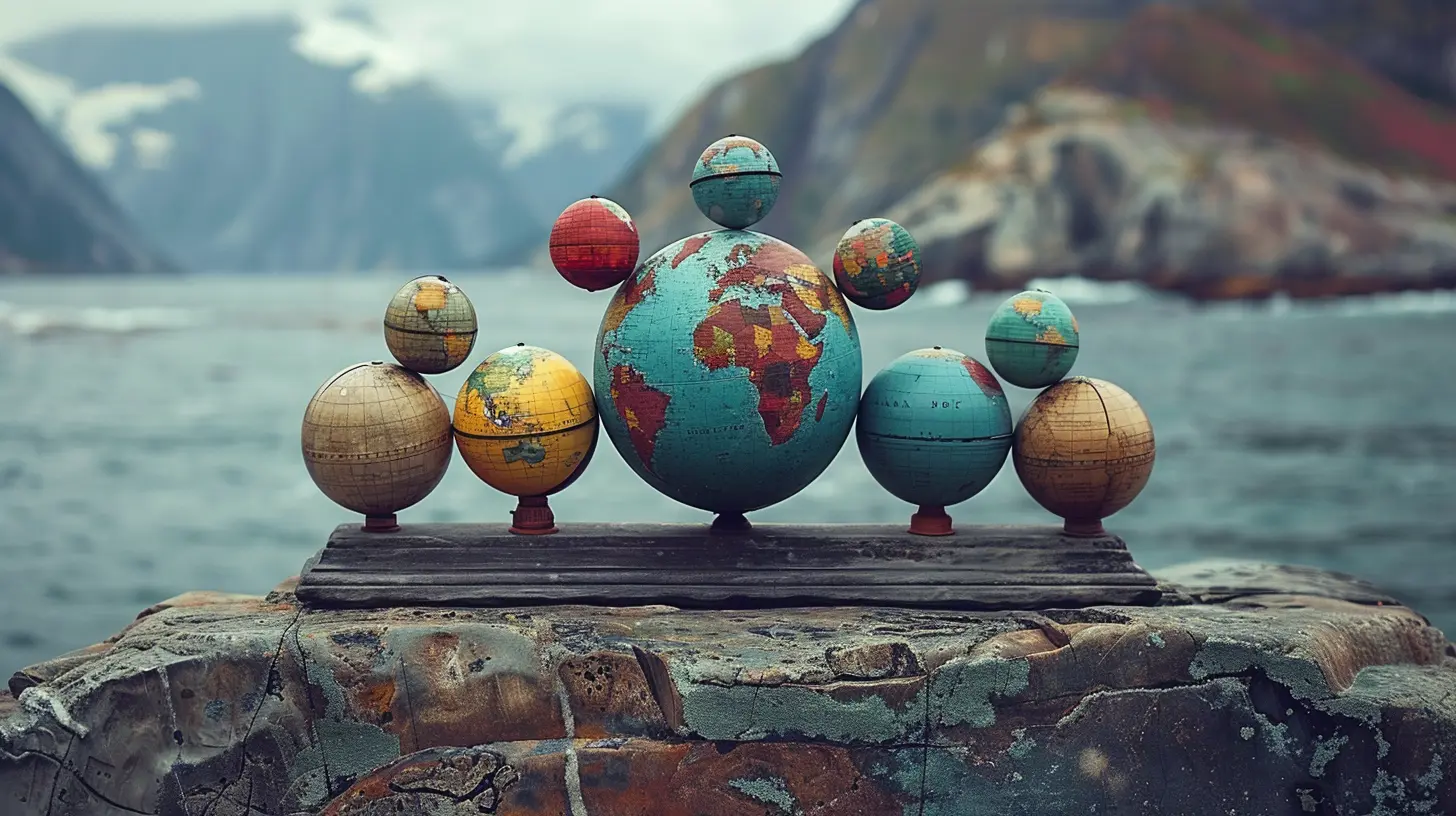The Art of Diplomacy: Lessons from History
15 September 2025
Diplomacy is like the backstage crew of a theater production—unseen but essential. It’s the fine art of balancing relationships, smoothing over conflicts, and getting what you want without kicking over the table. Some of the best diplomats in history have turned tense standoffs into peaceful resolutions, often with nothing more than words (and maybe a glass of wine). But what can we learn from them today? Let’s dive into some of the greatest moments in diplomacy and the timeless lessons they offer.

What Is Diplomacy?
Before we start name-dropping historical figures, let’s get one thing straight—diplomacy isn’t just for politicians in fancy suits. We all practice diplomacy daily, whether it’s negotiating with a toddler over bedtime, convincing your boss to approve a project, or persuading your cat that the vet isn’t a medieval torture chamber. At its core, diplomacy is about building relationships, negotiating effectively, and keeping the peace.So, how have history’s finest diplomats navigated their way through wars, betrayals, and impossible negotiations? And what can we steal—er, borrow—from their playbook?

Lessons from the Greats
1. Benjamin Franklin: The Charm Offensive
Benjamin Franklin wasn’t just one of America’s founding fathers—he was also a master of diplomacy. Sent to France during the American Revolution, Franklin had one job: get the French to support the Americans against the British.Instead of relying on boring political speeches, Franklin played to his strengths. He became the ultimate charmer, wooing the French elite with his wit, intellect, and frankly, his ability to wear a fur hat and still look distinguished. He understood that diplomacy isn’t just about policies; it’s about relationships.
Lesson: Sometimes, the best way to win people over is not through logic alone but by making them like you. A little charisma goes a long way.
2. The Congress of Vienna: Keeping the Peace Through Balance
After the chaos of the Napoleonic Wars, Europe was in shambles. Enter the Congress of Vienna (1814-1815), where diplomats from different nations sat down to redraw borders and restore order. Rather than seeking revenge on France, they focused on balance—ensuring no single country became too powerful.This approach worked. Europe enjoyed nearly a century without a major war, proving that diplomacy isn’t just about winning but about making sure everyone walks away with something—like a well-played game of Monopoly where no one flips the board.
Lesson: The best diplomatic solutions aren’t about crushing the opposition; they’re about compromise and balance.
3. Teddy Roosevelt: Speak Softly, but Carry a Big Stick
Theodore Roosevelt had a way with words…and warships. His foreign policy was built around a simple idea: negotiate peacefully, but always have the might to back it up.One of his most famous diplomatic successes was brokering peace between Russia and Japan in 1905, earning him the Nobel Peace Prize. He didn’t threaten or force a resolution; he simply positioned himself as a neutral, respected mediator. But, let’s not kid ourselves—everyone knew the U.S. had a growing navy, which probably made listening to Roosevelt a lot more appealing.
Lesson: Diplomacy is most effective when backed by strength, but strength is most effective when used wisely.
4. The Cuban Missile Crisis: The Power of Patience
October 1962. The world was on the brink of nuclear war. The U.S. discovered Soviet missiles in Cuba, and tensions skyrocketed. Enter John F. Kennedy and his carefully measured approach.Rather than rushing into immediate conflict, Kennedy used a mix of military pressure and behind-the-scenes negotiations to defuse the crisis. He offered the Soviets a way out: withdraw the missiles, and the U.S. would promise not to invade Cuba (and secretly remove missiles from Turkey).
The result? Crisis averted. No World War III. Just a whole lot of stressed-out world leaders.
Lesson: Diplomacy often requires patience, restraint, and creative deal-making. The best solutions aren’t always the loudest ones.
5. The Camp David Accords: Sitting Down and Talking It Out
In 1978, Israel and Egypt had been at odds for decades. Enter U.S. President Jimmy Carter, who invited both leaders to Camp David for a historic peace summit. It wasn’t easy—there were walkouts, frustrations, and plenty of tense moments—but Carter kept them talking.After 13 grueling days, the result was the Camp David Accords, leading to a peace treaty between the two nations that still holds today. It wasn’t magic; it was just diplomacy at its best—getting people in a room and refusing to let them leave until they found common ground.
Lesson: Sometimes, the key to diplomacy is persistence. Keep the conversation going, even when it feels impossible.

How Can You Use These Lessons in Daily Life?
You may not be negotiating world peace (unless your family debates where to eat every Friday night), but diplomacy is a valuable skill in everyday life. Here’s how to apply these lessons:- Build relationships like Franklin. Whether at work or in personal life, having people like you makes everything smoother.
- Find balance like the Congress of Vienna. Don’t aim to "win" every argument. Instead, seek solutions that benefit everyone.
- Use strength wisely like Roosevelt. Confidence is key, but don’t flaunt power unnecessarily.
- Stay patient like Kennedy. Sometimes, the best move is to wait and think things through.
- Keep communicating like Carter. Even the toughest situations can be solved with persistence and dialogue.

Conclusion
At its core, diplomacy is an art. It’s about knowing when to speak, when to listen, and when to compromise. History has given us countless examples of diplomacy done right (and a few examples of massive failures, but we’ll save that for another day).So, whether you’re navigating office politics, family disagreements, or international relations (hey, you never know), remember: a little charm, patience, and strategic thinking can go a long way. And if all else fails? Take a page from Franklin’s book—put on a fur hat and start making friends.
all images in this post were generated using AI tools
Category:
Social StudiesAuthor:

Eva Barker
Discussion
rate this article
1 comments
Dash McCollum
Thank you for this insightful article on the art of diplomacy. Your exploration of historical lessons is both enlightening and timely, reminding us of the importance of communication and understanding in resolving conflicts. Looking forward to more thought-provoking content!
September 26, 2025 at 12:51 PM

Eva Barker
Thank you for your kind words! I'm glad you found the article insightful. Stay tuned for more!


